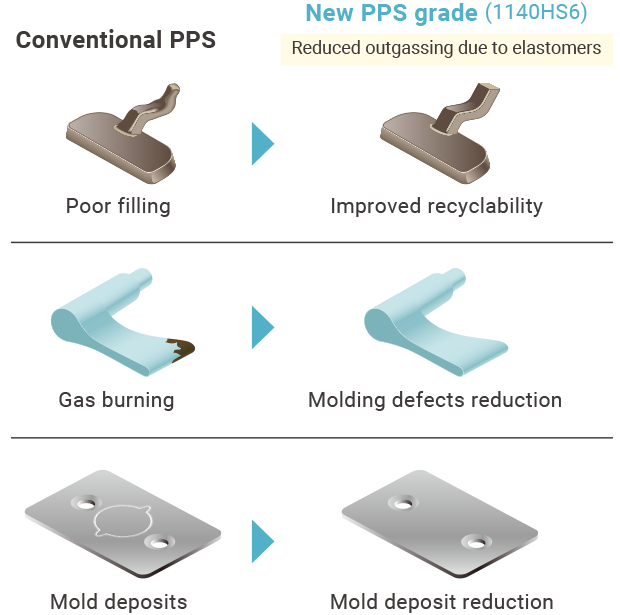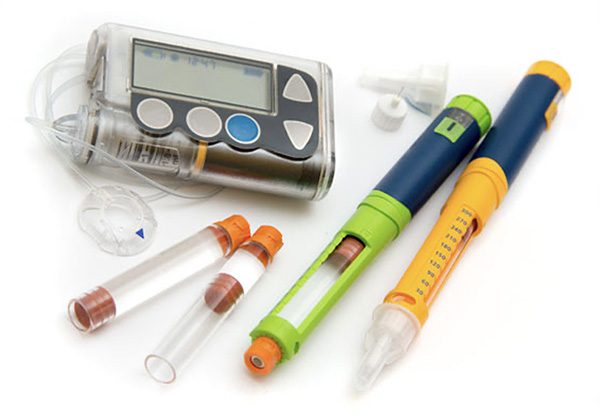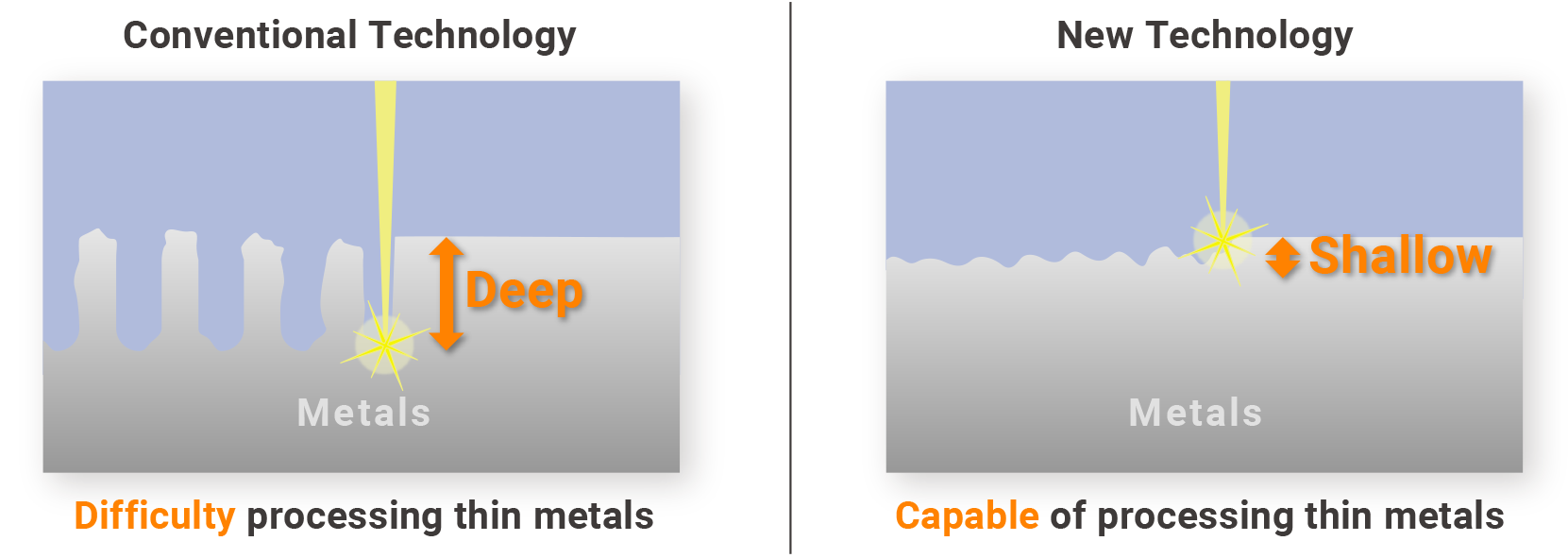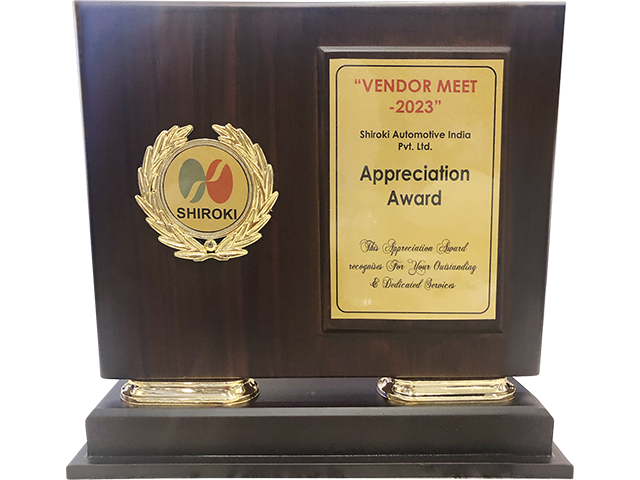Engineering Plastics Business
Development of Sustainable Products
Development of Sustainable Technology
Development of Sustainable Products
LCP Utilizing Key Monomers Derived from Biomass
In recent years, there has been an ever-increasing need to convert products to biomass. In FY2021, we began manufacturing bG-POM utilizing biomass-derived materials, and this year we are introducing LCP as our second product utilizing biomass-derived materials.
Biomass-derived Material for One of Key Monomers
LCP is widely used in ultra-compact precision connectors for the latest IT devices, such as tablets and smartphones, which are becoming smaller and smaller. We can now switch one of the key monomers used as raw material for LCP to a biomass-derived material. This is because the Group company that manufactures it has acquired sustainability certification for recyclable raw materials. In the future, we plan to sell LCP made from sustainable raw materials, including biomass-derived raw materials.


Contribution to a Recycling-oriented Society
The use of biomass-derived materials effectively reduces the increase of CO2 emissions in the atmosphere, because the CO2 absorbed from the atmosphere by plants and the CO2 emitted when the products are disposed of cancel out. The active use of biomass-derived materials contributes greatly to the attainment of a recycling-oriented society.


We also plan to introduce equipment that will further contribute to energy conservation in the LCP manufacturing process, aiming to make LCP more environmentally friendly in terms of carbon footprint.
Even more sustainable
In recent years, the use of LCP has been expanding as a substrate material supporting next-generation high-speed, large-capacity communications such as 5G. In addition to meeting these future needs, we will also bring together the capabilities of the Daicel Group to use biomass-derived monomers, with the aim of selling 100% biomass-derived LAPEROS® LCP.
As a leading engineering plastics company, we will make not only LCP but also all of our engineering plastics environmentally friendly (in terms of GHG reduction during manufacturing, biomass conversion, recyclability, etc.), and provide comprehensive environmental solutions that promote the attainment of a sustainable society.
Related Link
Elastomer-less PPS
PPS has excellent heat and chemical resistance, and is used for applications such as around automobile engines, electrical components of PHEV/EVs, and smartphones. In recent years, the method of integrally molding plastic and metal has become the mainstream in order to meet the demand for downsizing and weight reduction of parts. In
this molding process, the plastic may crack when temperature changes, due to the difference in linear expansion coefficient between the metal and plastic portions. Therefore, plastics are required to have high heat shock resistance (referred to as “HS resistance”) to prevent that.
Conventionally, elastomers have been added to PPS as additives to provide HS resistance. However, the gas generated by elastomers during plastic molding causes various defects such as poor filling, molded product burning, and mold deposits*.
To solve these problems, our new PPS grade (1140HS6) has succeeded in achieving HS resistance without the use of elastomers. This reduces the generation of elastomer-derived gases during molding, reducing mold deposits and molding defects.
*Deposits adhering to mold surfaces, gaps, parting lines, etc. during injection molding.

With resins that contain elastomers, gas may be generated again when they are remolded through recycling, but with 1140HS6, there is no need to worry about gas being generated when remolding. This eliminates concerns about the moldability and quality of recycled resins, making it easier for customers to recycle them within their processes. This is expected to further reduce environmental impact.
The development of elastomer-less resins is a revolutionary engineering-plastics solution to meet the ever-increasing recycling needs of our customers.
We will continue to develop high value-added plastics that combine functionality and environment-friendliness.
Medical POM DURACON® PM Series Supports
Further Medical Development
The medical and healthcare markets require high-quality materials from reliable suppliers. We have been providing high-purity TOPAS® COC materials to the medical and healthcare markets for many years, and since FY2023, we have newly commercialized POM for medical use (DURACON® PM
series), thereby establishing a structure that can more widely meet the needs for engineering plastics in the medical industry.
Since POM has excellent sliding performance, springiness, and chemical resistance, the PM series can also be used for insulin pen dials, inhalers, and medical clips, taking advantage of its characteristics.

The use of POM in such medical materials makes mass production easier and reduces costs compared to conventional materials such as glass and metal, so it is believed that it can contribute to resolving recent social issues such as the increase in diabetes patients in the modern era and the increase in respiratory diseases such as COVID-19.
Medical POM requires stricter supply conditions than regular POM, such as not making changes to the process and continuous stable supply. In addition, we are required to meet the strict quality requirement standards of the industry as well as comply with the laws and regulations of each country, which requires quality control far beyond our
previous grades. Therefore, the Quality Assurance, R&D, production, sales, and corporate supporting divisions, as well as the Kuantan Plant in Malaysia which is our manufacturing base, have come together to establish a production and supply system that can meet the requirements.
In particular, at the Kuantan Plant, in FY2016, we prepared work standards and management criteria to produce the PM series and set up a production system that meets customer requirements. We have also strengthened measures to prevent foreign objects from contaminating our products in a series of manufacturing processes and implemented
thorough pest control, including in our warehouses. As a result, the PM series complies with the major regulations required by medical device manufacturers in Europe and the United States, where quality standards are considered to be among the strictest in the world. In addition to medication devices, we will steadily expand the
applications of medical POM, such as catheters and surgical instrument parts, to further contribute to the global medical community and support healthy and affluent lives of people.
Development of Sustainable Technology
Smart Molding Technology
Until now, when our Technical Solution Center (TSC) provided molding support to customers, highly-skilled molding technicians relied on sensory information obtained from the molding machine, such as sound, vibration, and odor, in addition to simple numerical information, to determine if there are abnormalities.
However, since such high skills are cultivated through years of experience, there are only a limited number of personnel available for molding support projects that require advanced technology, and there have been issues in terms of efficiently providing high-quality molding support.
To solve these issues, our TSC has decided to introduce AI-based smart molding technology. This technology uses 15 different types of sensors to determine abnormalities from sounds, vibrations, and odors emitted by molding machines, by applying an AI that is trained on the sensory information output by the molding machine and instantly
applies corrections to the molding conditions.
This technology enables even young, inexperienced molding technicians to mold more consistently, providing customers with high-quality, efficient molding support and reducing defective products by quickly responding to molding defects.
In the future, TSC plans to provide not only molding support within TSC, but also to deploy the technology in customers’ molding processes, aiming to provide even higher quality engineering plastics solutions.


The smart molding technology we have introduced this time includes a system that allows molding simulation on the web. While an actual molding machine can only mold about three materials over nine hours, the molding simulation system can provide a molding experience in 15 to 30 minutes per material. In addition, since they can learn molding anywhere without worrying about injury, it is expected that this will help develop future leaders and alleviate labor shortages.
New Metal Adhesion Technology
Improving fuel efficiency and energy conservation by reducing the size and weight of our customers’ products is one of the most important issues for us. As metal parts are being replaced by resin, it is becoming increasingly important to continue bonding metal parts with resinous parts, and our company provides a metal adhesion technology*
as a technology for this purpose.
In FY2023, we developed a new laser metal adhesion technology in addition to our existing metal adhesion technology. This new technology can not only achieve a high degree of airtightness but also perform a shallower depth of processing on metal compared to conventional laser-based metal adhesion technology. With conventional technology,
when processing thin parts such as connectors for electronic devices, the metal can be deformed or punctured depending on the depth of laser processing. However, the new technology has a shallow laser depth and can also process thin-walled metals. As a result, parts in a wide range of fields are expected to be miniaturized and lighter.
*A technology that joins metal and plastic resin by creating irregularities on the metal surface using a laser or chemicals.


In addition, parts joined using the new metal adhesion technology do not lose their airtightness even when subjected to multiple heat shocks, which extends the product’s lifespan and ultimately reduces waste. We are supporting sustainable product development through the provision of new solutions.
Technical Support for Customers
On-line Support for Customer Product Development
We have established a free, membership-based on-line technical support service, “WEB@TSC®” that provides support 24 hours a day, 365 days a year. In addition to providing a variety of technical information, such as detailed information about physical properties, other product-related inquiries, requests for safety and export-related certificate issuance and other customer needs are meticulously handled. This easily accessible, Web-based service has been well-received among our customers.


Client Feedback
- Polyplastics’s website provides information on environmentally hazardous substances, which makes it superior to those of ot her material manufacturers.
- I often use it because it is easy to search for certain properties on the website.
- The various evaluation results and findings for each material are extensive, and the materials are highly reliable.
- I’m very grateful for Polyplastics’s prompt and friendly technical service.

Recognition from Our Customers
We have received awards from our customers for our support.
 Shiroki Automotive India Pvt. Ltd.
Shiroki Automotive India Pvt. Ltd.- In addition to providing high-quality materials, we were awarded the Appreciation Award in recognition of our ability to meet the desired delivery date even during a period when the supply-demand balance was extremely tight.


